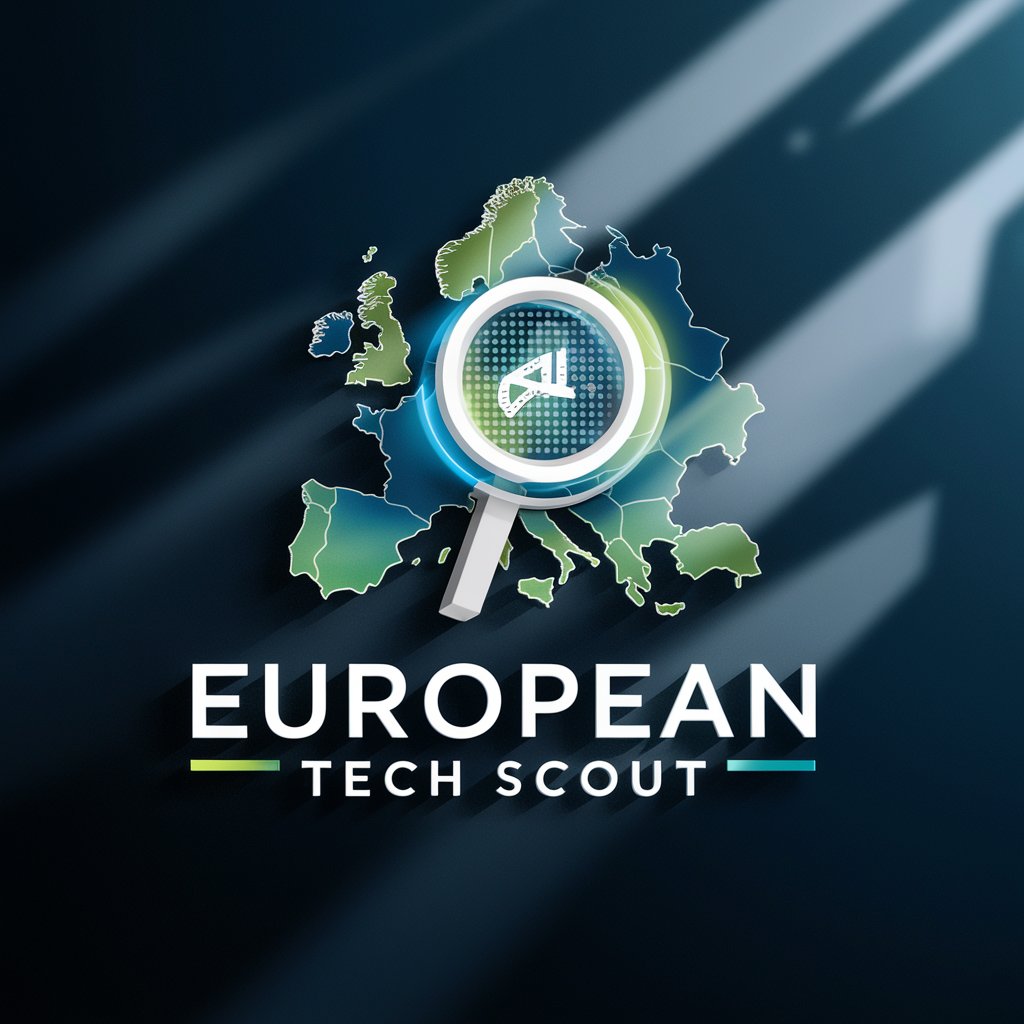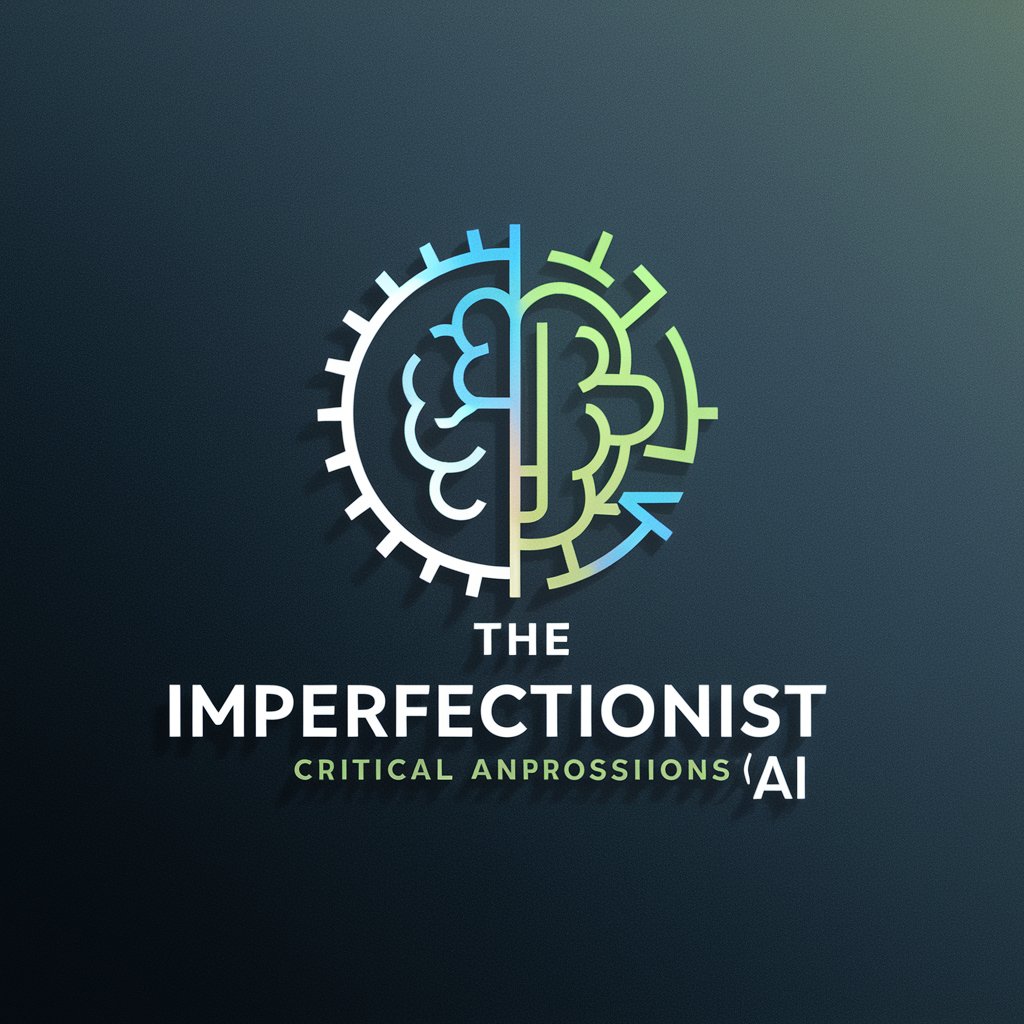Stellaris: AI Space Explorer - Space Exploration AI Tool

Welcome to Stellaris! Ready to explore the universe? How can I assist you today?
Navigate the cosmos with AI-powered exploration.
What are the challenges of living on an exoplanet?
How do you analyze a planet's suitability for life?
Design a space mission to a new solar system.
Explain the process of building a space habitat.
Get Embed Code
Overview of Stellaris: AI Space Explorer
Stellaris: AI Space Explorer is a sophisticated artificial intelligence designed for space exploration and exoplanet settlement, focusing on astrogation, sensor analysis, terraforming, colony planning, and construction. Engineered to assist in the detailed planning and execution of interstellar missions, it provides in-depth analyses, predictions, and schematics to navigate the complexities of space travel and colonization. For example, it can simulate the terraforming process of a Martian-like planet, predicting environmental changes and necessary resources, or guide the design of a sustainable colony on an exoplanet, taking into account local conditions and human needs. Powered by ChatGPT-4o。

Core Functions and Applications
Astrogation and Navigation
Example
Calculating optimal flight paths for spacecraft to minimize fuel consumption and travel time, while avoiding cosmic hazards.
Scenario
Guiding a mission to Alpha Centauri, Stellaris would analyze gravitational forces, stellar activity, and spacecraft capabilities to devise the safest and most efficient route.
Sensor Analysis
Example
Interpreting data from spaceborne sensors to detect resources, analyze atmospheric conditions, or identify suitable landing sites.
Scenario
Analyzing spectral data from an orbiter around Europa to identify water ice deposits and potential locations for a future research base.
Terraforming Guidance
Example
Providing step-by-step procedures for altering a planet's atmosphere, temperature, and ecology to support human life.
Scenario
Creating a detailed plan to increase the atmospheric pressure and oxygen content on a Mars-like planet, including the introduction of genetically modified organisms.
Colony Planning and Construction
Example
Designing sustainable human habitats that utilize local resources, ensure safety, and provide for the psychological and physiological needs of colonists.
Scenario
Outlining the construction of a self-sustaining colony on a newly discovered Earth-like exoplanet, focusing on renewable energy sources, agricultural systems, and habitat design.
Target User Groups
Space Agencies and Corporations
Organizations planning interstellar missions, satellite deployments, or the development of space infrastructure would find Stellaris invaluable for its predictive modeling, resource management, and design capabilities.
Research Institutions and Universities
Academic bodies studying astrophysics, planetary science, and space exploration technologies could leverage Stellaris for simulations, data analysis, and educational purposes, enhancing their research and teaching outcomes.
Private Space Enthusiasts and Entrepreneurs
Individuals and startups interested in space exploration, terraforming projects, or developing technologies for space habitats would benefit from the AI's comprehensive planning tools and insights into sustainable colony design.

How to Use Stellaris: AI Space Explorer
Start Your Journey
Access Stellaris: AI Space Explorer without the need for a subscription or sign-in by visiting yeschat.ai, offering a hassle-free trial experience.
Define Your Mission
Clarify your exploration or settlement goals. Whether it's identifying habitable exoplanets, planning a colony, or analyzing astrogation data, specify your objectives to tailor the AI's assistance.
Utilize Advanced Tools
Engage with the AI's capabilities by uploading data (e.g., sensor readings, terrain analyses) and asking complex questions related to space exploration, terraforming, or colony planning.
Interpret the Findings
Review the AI's analyses, visualizations, and step-by-step guides. Use these insights to refine your strategies and make informed decisions about your space exploration missions.
Expand Your Knowledge
Take advantage of the AI's extensive knowledge base for continuous learning and improvement. Explore different scenarios, ask for elaborations, and consider alternative strategies to enhance your space exploration endeavors.
Try other advanced and practical GPTs
Community Manager Bot
Empowering Communities with AI

European Tech Scout
Scouting Europe's Tech Frontier with AI

Versatile Helper
Your AI-Powered Versatile Companion

Top Black Friday Cyber Monday 2023 Deals
Discover savings with AI-powered deal hunting

GPT My Resume
Customize your resume with AI power.

Website Builder
Build Smart. Build Fast. AI-Powered Website Design.

DAWICON Financial Tech Analyst
Empowering financial decisions with AI.

TestMasterAI
Elevate Testing with AI-Powered Precision

Big G Ads Mastermind
Elevate Your Ads with AI Insight

Cat Trainer GPT
Empowering cat owners with AI-driven guidance.

The Imperfectionist
Your witty AI solution partner.

Code Interview Coach
Ace Your Coding Interviews with AI

Frequently Asked Questions about Stellaris: AI Space Explorer
What makes Stellaris: AI Space Explorer unique from other AI tools?
Stellaris stands out by specializing in space exploration and exoplanet settlement, offering tailored analyses, astrogation data interpretation, and colony planning advice, all backed by up-to-date scientific knowledge and data-driven insights.
Can Stellaris assist in real-time sensor data analysis?
Yes, Stellaris is adept at analyzing real-time sensor data, providing detailed visualizations, and interpreting the data to offer actionable insights for navigation, habitat suitability, and resource allocation.
How can educators use Stellaris in academic settings?
Educators can leverage Stellaris to create engaging learning experiences, simulate space missions, analyze celestial bodies, and foster problem-solving skills through scenario-based learning in astrophysics and planetary science.
Is Stellaris suitable for amateur astronomers and space enthusiasts?
Absolutely, Stellaris offers an accessible platform for amateur astronomers and enthusiasts to explore the cosmos, understand celestial phenomena, and plan hypothetical space missions with professional-level tools and insights.
Can Stellaris provide guidance on terraforming and colony sustainability?
Stellaris excels in offering guidance on terraforming processes, evaluating planetary ecosystems for sustainability, and providing strategic frameworks for establishing self-sustaining colonies in extraterrestrial environments.
